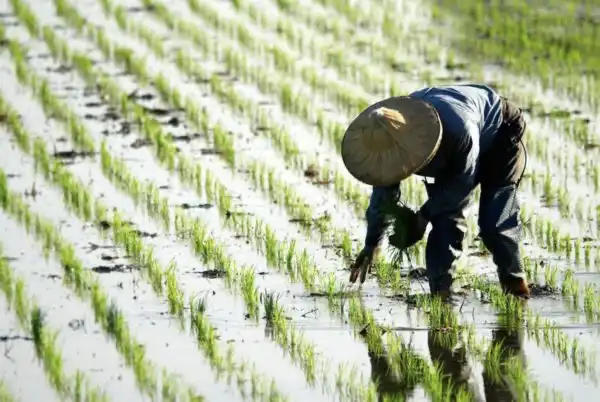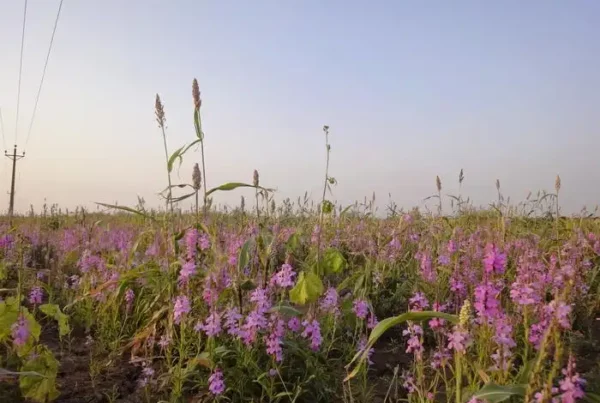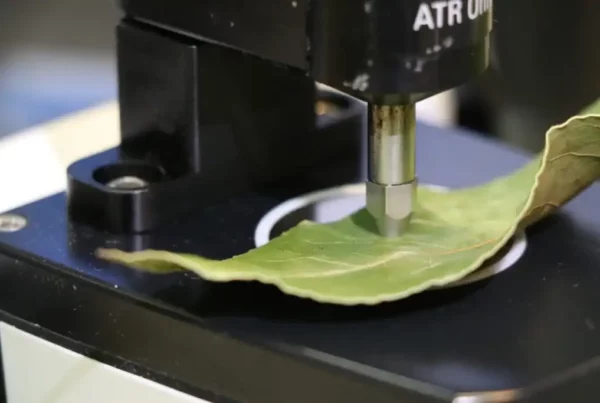Male sterility in plants provides valuable breeding tools in germplasm innovation and hybrid crop production. However, genetic resources for dominant genic male sterility, which holds great promise to facilitate breeding processes, are extremely rare in natural germplasm. The Sanming Dominant Genic Male Sterile (SDGMS) Rice was first found by the Sanming Institute of Agricultural Science in 2001, and it shows stable complete male sterility and is practically unaffected by the environment, which is highly useful in breeding. However, the gene leading to SDGMS is still uncharted.
Scientists from Huazhong Agriculture University and Sanming Institute of Agriculture Sciences identified this dominant male sterility gene SDGMS in rice using a map-based cloning approach and demonstrated the mechanism causing dominant male sterility. In fertile plants, the sdgms gene was barely expressed in young panicles and spikelets, whereas in sterile plants, a 1978-bp retrotransposon was translocated to the promoter region of SDGMS and activates its specific expression in tapetal cells. SDGMS encodes a ribosome-inactivating protein that inhibits protein translation at the translational level, activates the defense response in rice anthers, and triggers the hypersensitive response and programmed cell death in tapetal cells, causing male sterility. This study provides a fresh example that TE movement is an ongoing process in genome evolution, and SDGMS rice provides a very powerful tool to facilitate outcrossing, which eliminates the need for hand emasculation and will fundamentally improve the efficiency of breeding programs.
This study was led by Dr. Qifa Zhang, Dr. Yidan Ouyang (National Key Laboratory of Crop Genetic Improvement and National Centre of Plant Gene Research (Wuhan), Hubei Hongshan Laboratory, Huazhong Agricultural University) and Dr. Xianbo Huang (Sanming Institute of Agricultural Sciences).
Read the paper: National Science Review
Article source: Science China Press via EurekAlert
Image: farmer working in a rice field. Credit: CCO







